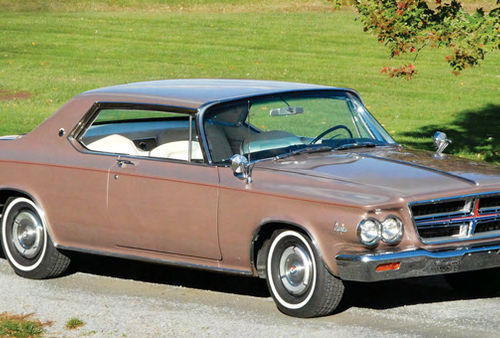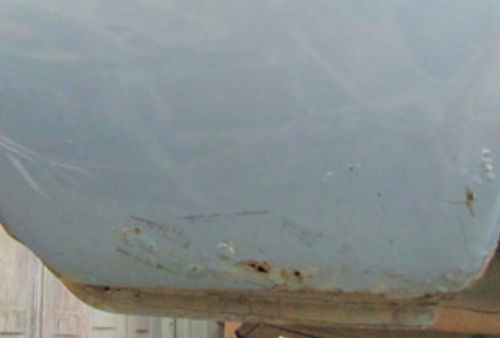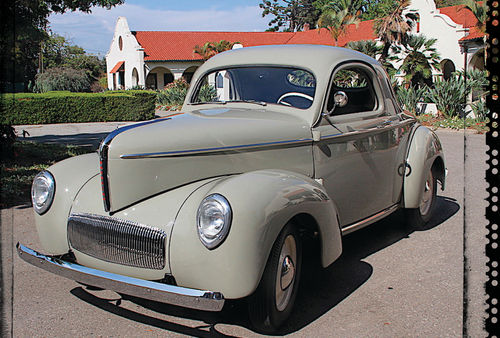My spark plugs keep fouling
Question:
My 1951 Chevy with a 216 cid engine sat for 12 years without being used. Now that I got it running, it keeps fouling spark plugs after it runs for a short time. I assume it has a lot of carbon buildup so I have been running cans of Sea Foam cleaner through the carburetor and it has been getting better but I am hoping you or a reader has a better remedy.
Also, since my car has a 6-volt positive ground system and starts slowly, would an 8-volt battery be better? What changes would I have to make to bulbs, the electrical system, etc.?
Answer:
Spark plugs can be fouled from different things and you don’t say exactly what is fouling your plugs. If they are getting fouled from oil then you need to determine how excessive amounts of oil are getting into the combustion chamber. One way this happens is if the engine oil is way too thin. Exceptionally thin oil will get past piston rings and valve seals faster and in greater volume than thicker oil. Oil that is excessively diluted with fuel or additives, such as engine cleaners, can be thinned to the point where it gets past rings and seals.
Do a compression test or a leak-down test to determine whether one or more cylinders have bad compression. If they do, it normally indicates a bad ring-to-cylinder seal, which is typically caused by worn or broken rings, or worn or out-of-round cylinder walls.
Bad valve-to-seat sealing can also contribute to low compression and excessive cylinder pressure leak-down. Besides getting past piston rings, oil may also get past valve stem seals and make its way into the cylinders where it will foul the spark plugs.
Another possible cause of oil fouling is a malfunction with the crankcase ventilation system. If the ventilation system is not working, excessive pressure can build up inside the engine and cause oil-saturated fumes to squeeze past the piston rings.
If the spark plugs have a soft, sooty carbon film then they are fuel fouled. A likely culprit is the carburetor. If the carburetor is poorly adjusted or has incorrect parts, such as jets that are way too large, excessive fuel will get into the cylinders and foul the plugs. A sticking choke, frozen heat riser valve, or clogged air cleaner will all yield an overly rich air/fuel mixture and lead to fuel fouling of plugs.
If the ignition is weak, fuel fouling of the plugs may result. Something as simple as incorrect spark plugs, with the wrong heat range for the engine, can also result in fuel fouling.
Regarding your second question, the most common cause of a “lazy” starter motor in 6-volt cars is undersized battery cables or a poor battery cable connection. Contrary to some people’s instinct, lower voltage systems require thicker cables. Make sure the cables are correct for your car and then make sure the connections are tight and corrosion-free.
If you do choose to install an 8-volt battery you will not have to change the car’s light bulbs or modify the remainder of the electrical system.















